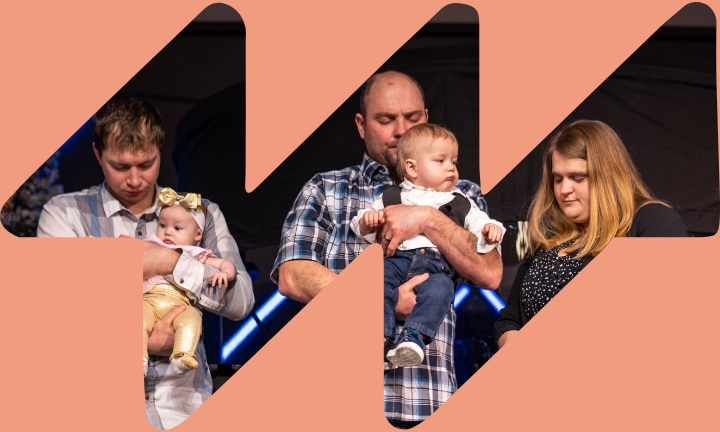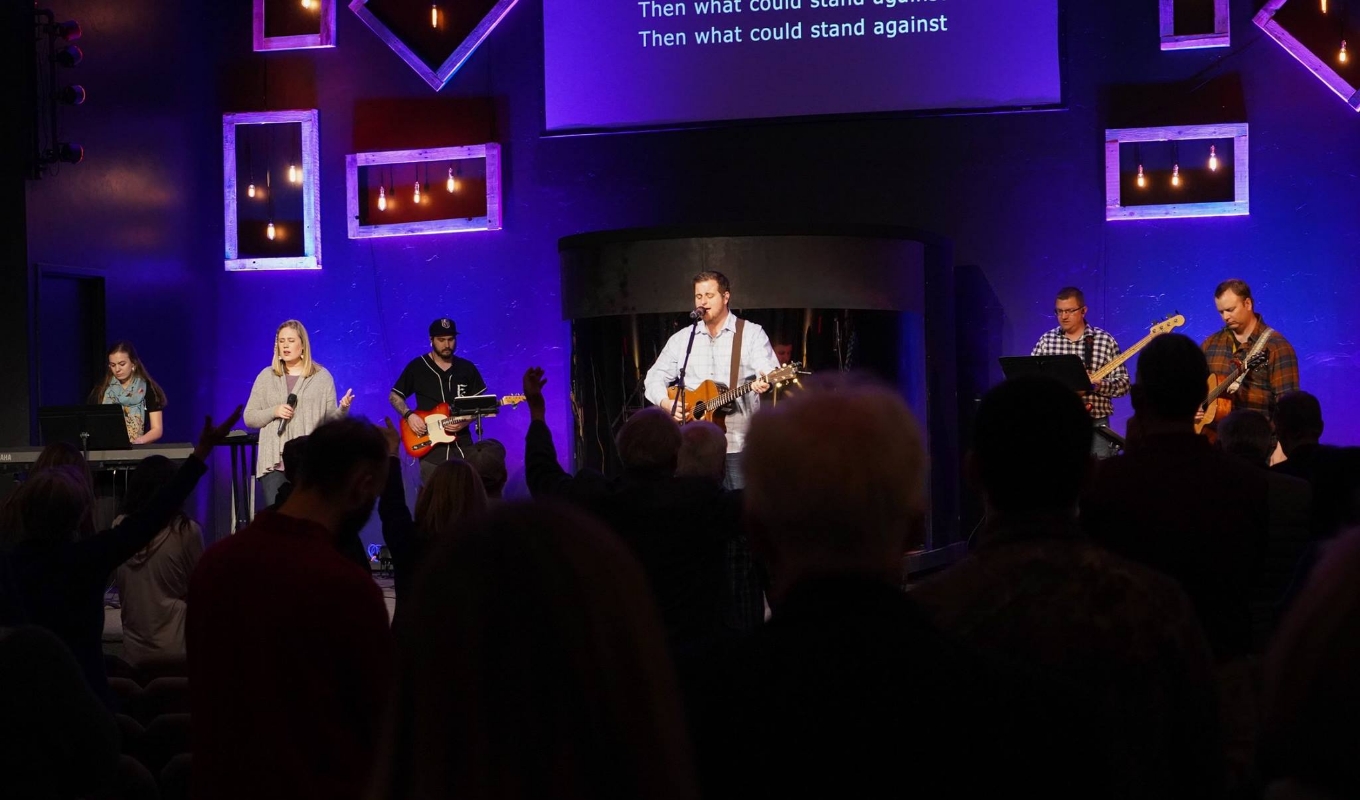One advantage of age is that you are able to observe history as it takes place. As a child, I stood with my family at the old Great Northern Depot and watched as the “Galloping Goose” carried my uncle Don off to war. He ended up in the south Pacific where he served in the U.S. Army. I was a pre-teen when Uncle Don returned home after the war that was to end all wars. How well I remember the end of that tragic time that involved the entire world.
It was during my college years that I began to hear of the “holocaust”, that “final solution” of the Nazis to eliminate the Jewish nation. Because of my love of history, I began to read of that event, and now an entire section of my library is filled with books of people who were in those camps and other books by historians who try to understand why that took place. In my later years I even had a husband and wife attending church who escaped from one of those camps and emigrated to the U.S. and it became my honor to be in their home.
One of those men, Simon Weisenthal, a Jew from Romania, has written several books of those horrible camps. One of his books is called “The Sunflower”. It sits in front of me as I write this. Wiesenthal was assigned to a work detail in one of his camps. They would daily march out of the camp into a nearby town and do public service detail. On this particular day, they were cleaning the grounds of a technical college that had been turned into a hospital for wounded German troops. He saw a nurse come out of the building and talk to the German soldier who was in charge of the work detail. He then saw the nurse walk toward him and took him inside the building, up two flights of stairs and stood before a door that was shut. Wiesenthal was told that there was a wounded German soldier in the room that was severely wounded and wanted to talk to a Jew.
When he entered, he saw a man laying on the bed that was totally covered by bandages. The only part of the body he could see was the mouth. The wounded German soldier searched for Wiesenthal’s hand, and asked if he was a Jew. He then began to tell [confess] why he needed to talk to a Jew.
The German soldier had been a part of the elite SS troops of the Nazi army. One day they had been told to go to a certain address and wait for further orders. As he sat and watched, trucks began arriving and unloading barrels of gasoline and carrying them into the house. Then trucks came with Jewish families and began to herd them into the house. The wounded soldier told Wiesenthal there must have been about three hundred people in the house. The soldiers were then told to move closer to the house, unpin their grenades, and throw them through the windows into the house. You can well imagine what happened next. Fire erupted and the people in the house tried to escape. The doors had been barricaded so people jumped out the windows and were shot and killed.
The Nazi soldier had been wounded in a later battle and thus ended up where he was. However, this incident consumed him because he had a wife and children. Thus, he asked the nurse for a Jewish prisoner to whom he could confess what he had done. He wanted Wiesenthal the forgive him.
Wiesenthal sat on the edge of the bed listening. He was a prisoner of the very regime this man was a part of, and this man was asking a Jew to forgive him for what he had done to another Jew.
Wiesenthal sat and listened, wondering what to do. Eventually, he released to man’s hand and left the room to join his work detail. This incident would not leave Wiesenthal, and in later life he wrote the “Sunflower”. In the book, he asks the readers to answer him, “should I, a victim of the holocaust, forgive a Nazi soldier who was guilty of killing other Jews”?
I have read the book three times because I ask the question, “to what extent does God ask me to forgive others who have hurt me? Shouldn’t they have to pay a price for what they did to me?” How do I get rid of the feelings that Wiesenthal carried with him for the rest of his life? I have met people just like that today. They will go to their grave carrying the wound that another has inflicted. I could forgive them, but just as Wiesenthal left the room and the man who needed forgiveness, I leave the person from whom I am alienated, and two people live and die with deep wounds.
To me, one of the greatest stories in the Bible, deals with this very issue. Joseph is standing in a room with his brothers, who have come to Egypt to buy grain. They do not know that this man trying to help them is the very brother they sold to a caravan so many years before. Finally, Joseph cannot endure the pain of alienation any longer and he asked everyone to leave the room. Then, Joseph says, “I am Joseph! Do not be grieved or angry with yourselves because you sold me here. It was God who sent me before you to preserve life…then he fell on Benjamin’s neck and kissed him, and he kissed all of his brothers and wept with them…”.
Forgiveness is not a human trait. It is natural for us to do exactly what Wiesenthal did; he released his hold on the man’s hand and left the room without a word. The Nazi soldier was asking for more than Wiesenthal could deliver.
Forgiveness is a Divine act. What if Jesus did what Wiesenthal and we tend to do? What if, in His final garden prayer, where He sweat great drops of blood as He considered the cup the Father had given Him to drink (the sins of all the world), what if He got up from that prayer and said, “this is too much; I cannot do this”?
No! He drank the cup, He went to the cross, my sins were laid on Him and He cried, “My Father, why have you forsaken me”? Now, though I have hurt Him, cursed Him, and rejected Him, He offers me His hand and offers total forgiveness.
Can we pass that forgiveness on to others today? Wiesenthal could not do that, and neither can we without God’s nature in us.



